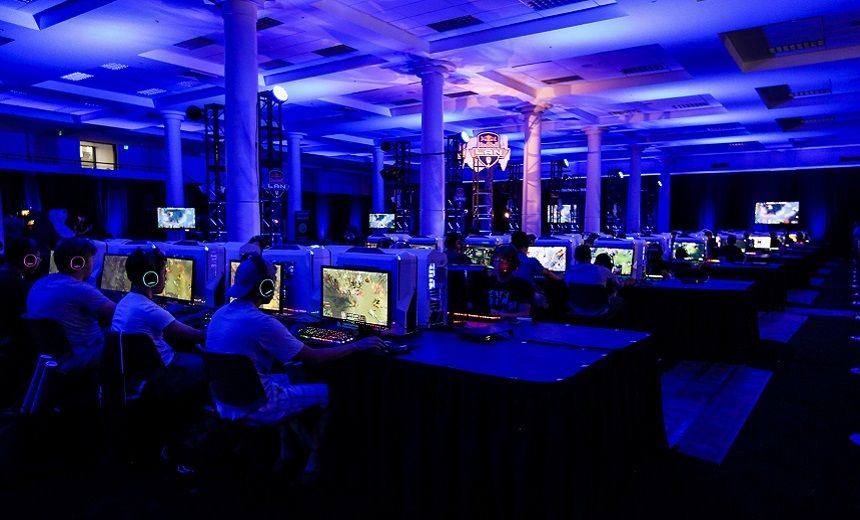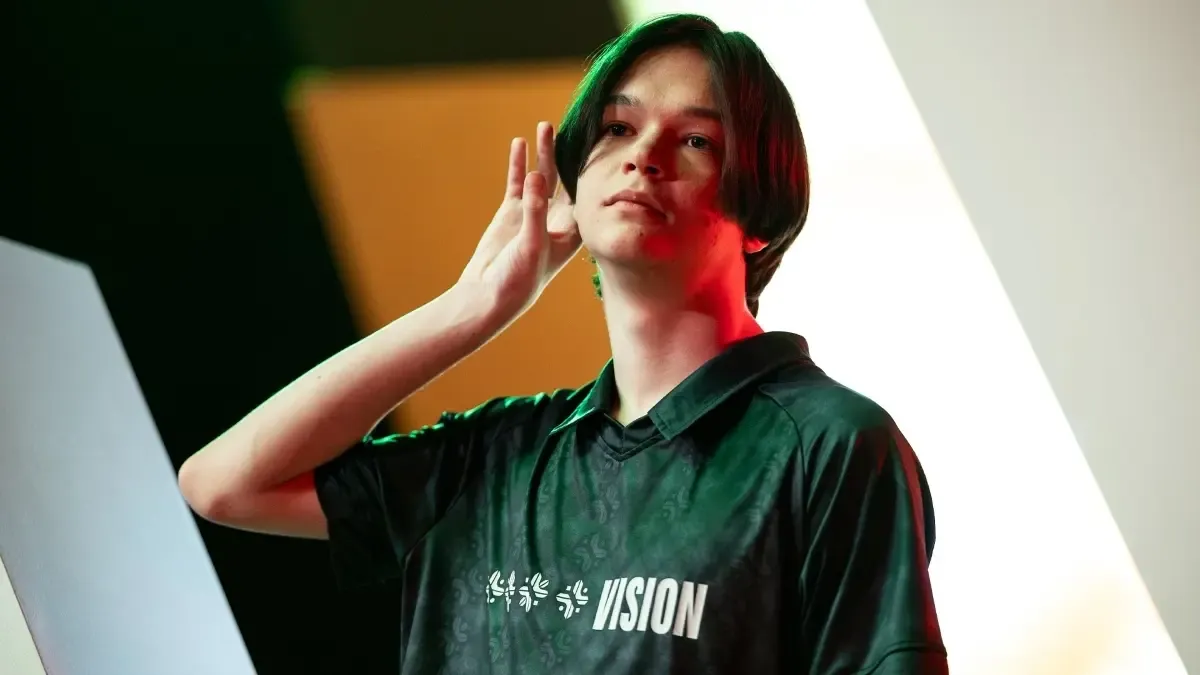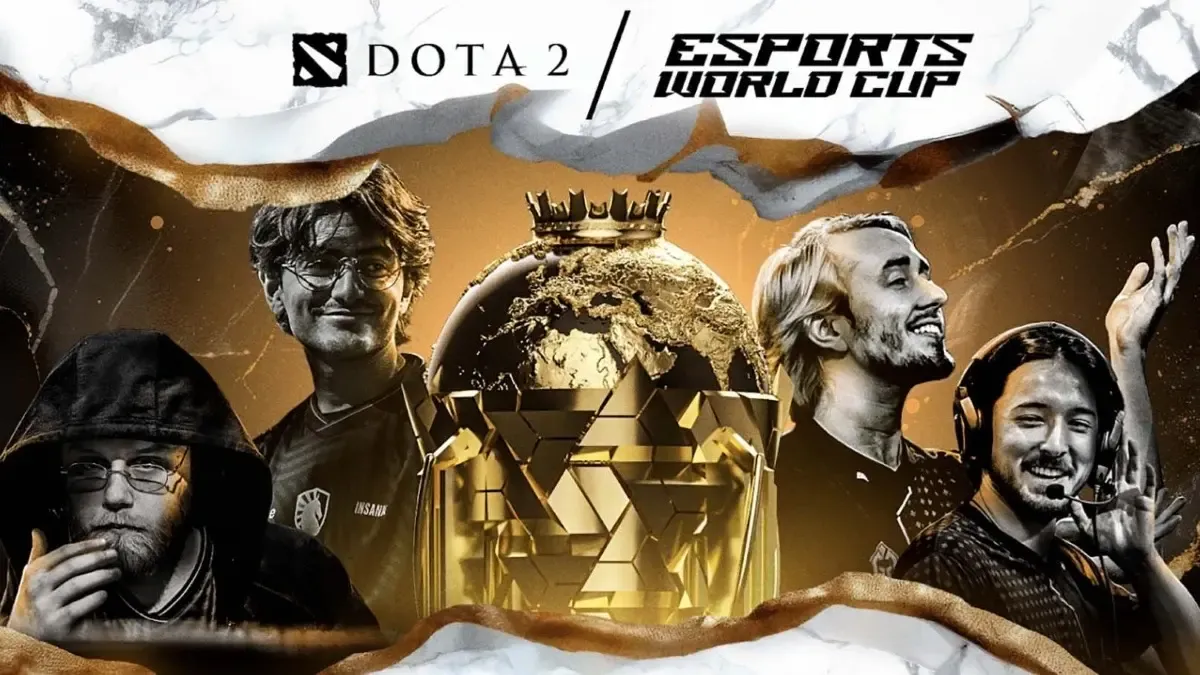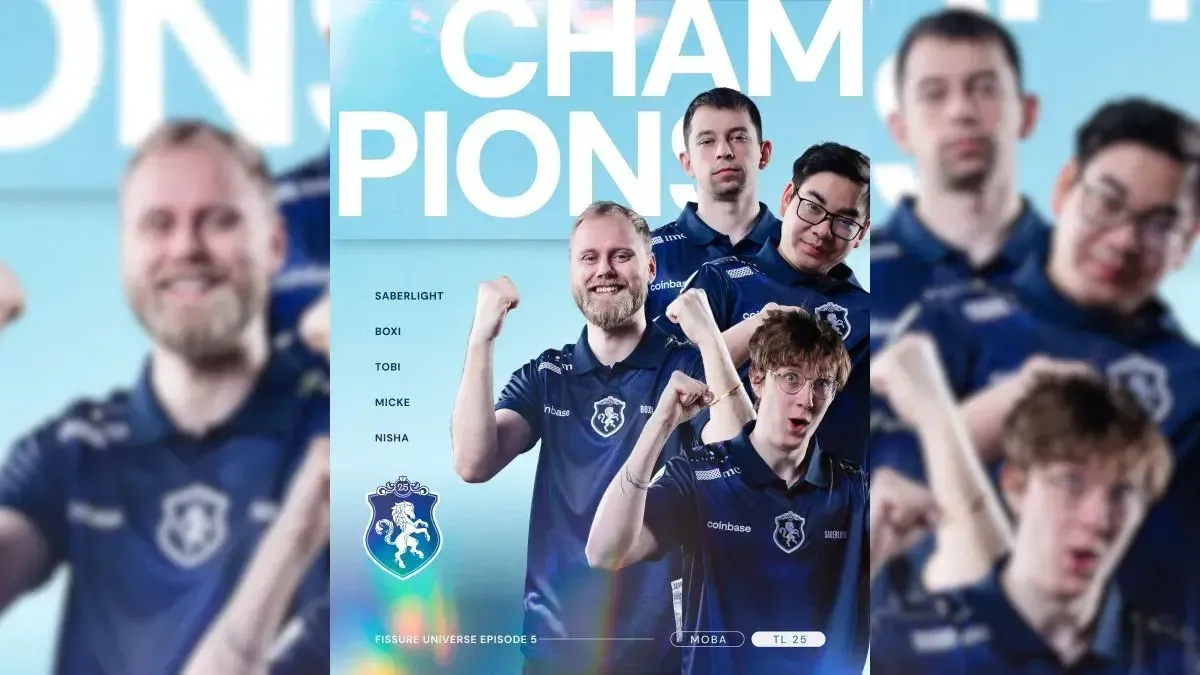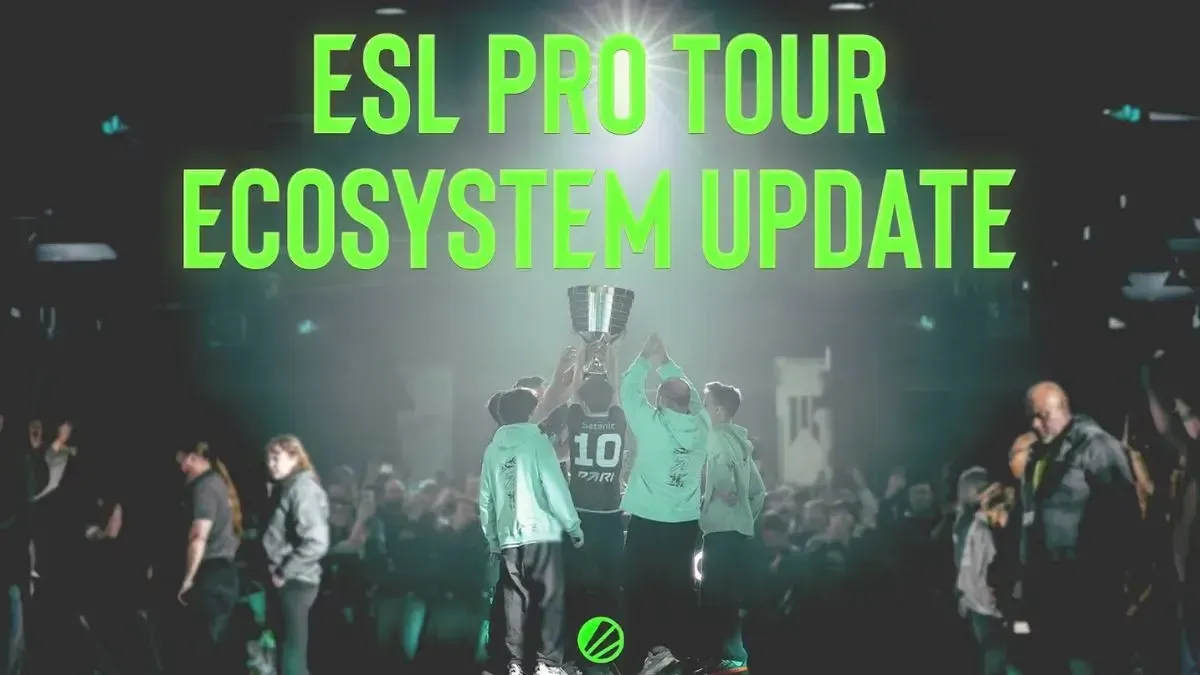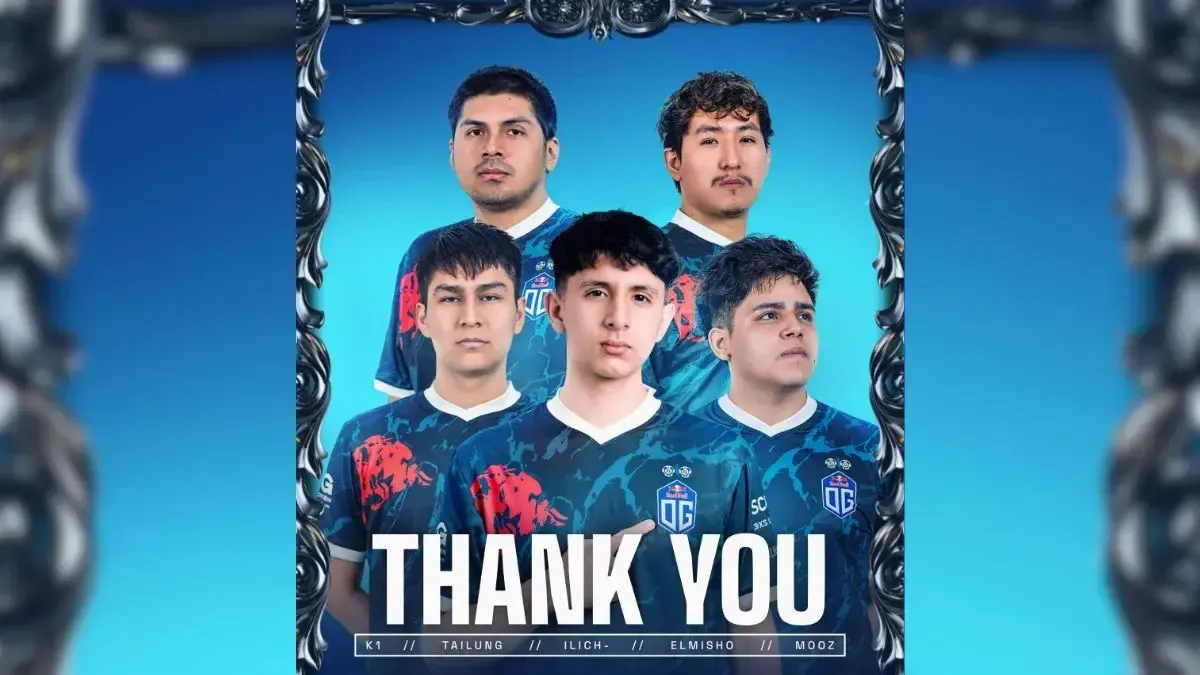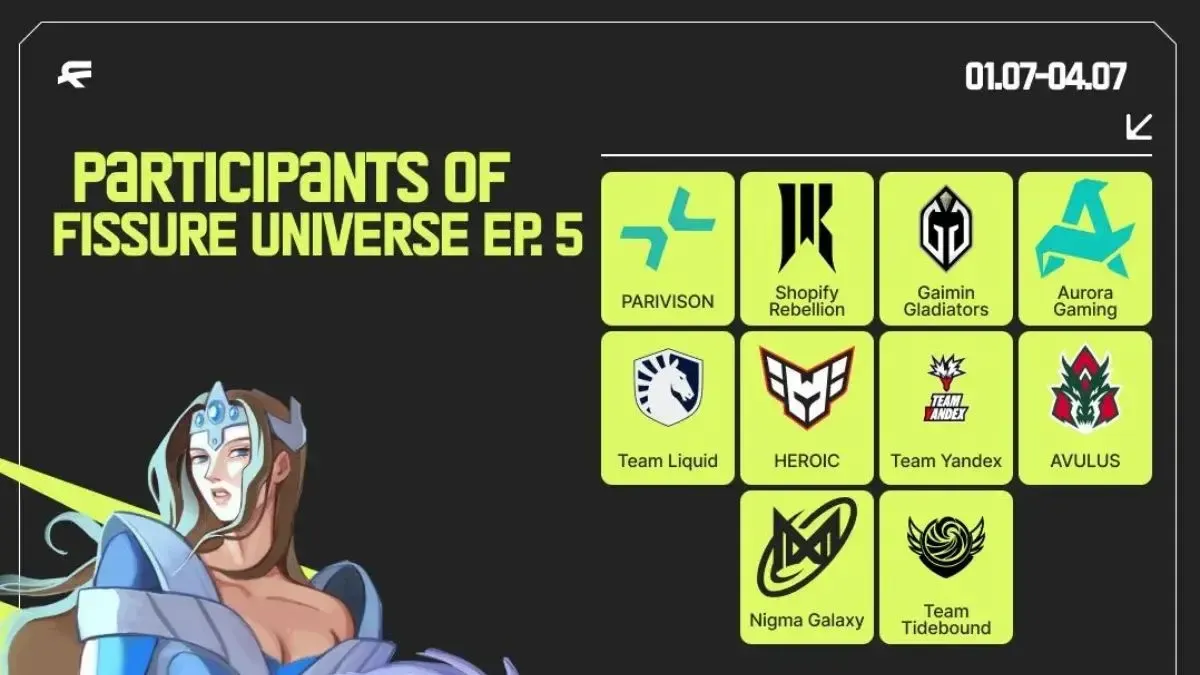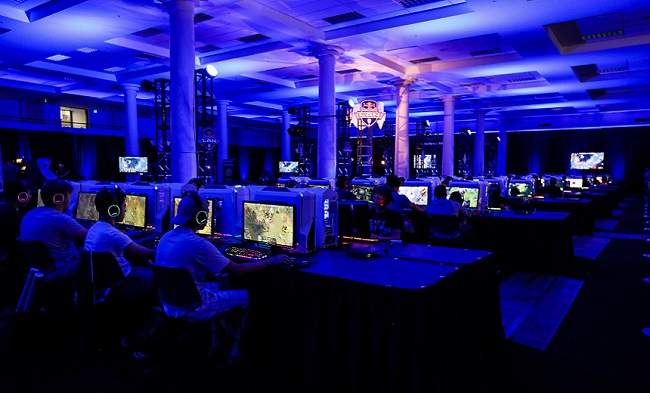
The LAN space at The International 7, photo courtesy of Valve
Somewhere between the teams competing on the Dota 2 Pro Circuit (DPC) and you plus four friends playing Turbo matches on a Friday night lies the domain of amateur Dota 2. This grey area encompasses Thursday night leagues for lower MMR teams, like Amateur Team Dota League, as well as local LANs with small prize pools like Red Bull AdrenaLAN. It’s recreational-competitive and aspiring-pro competitive.
Professional players make their livelihoods playing Dota 2. They may supplement salaries and prize money with sponsorships, streaming, and merchandise, but their occupation is playing Dota 2. By contrast, amateurs may aspire to that level, but they may just as readily enjoy a lower-tier of competitive play for other reasons.
I believe amateur Dota 2 leagues and tournaments are a fundamentally important part of the Dota 2 eco-system. I view them as having two separate functions: one, developing new talent for the professional scene and two, developing communities for amateur players akin to recreational sports leagues.
Go pro
Do you ever dream of traveling the world to play Dota 2? Do you have taking home The International’s Aegis in your five-year-plan? You want to find four like-minded, talented individuals to form a team with and then sign up for as many tournaments as possible, online and off. It’s probably also a good idea to join a higher skill league or three so you can get in regular games, network with people who have similar goals, and build your profile within the scene. Becoming a professional can be as much about impressing people with your skills in game as it is being noticed by people in a position to give you the next big opportunity.
Regular games in a competitive environment can not only improve Dota 2 skills, but also helps players learn the etiquette of competition. Playing with a regular team, as opposed to a partial stack or solo ranked, can also teach important skills to aspiring professionals. Clear communication, good sportsmanship, respect, time management, cooperation, leadership, patience, and so on are all qualities and abilities that can be invaluable on the journey to becoming a professional.
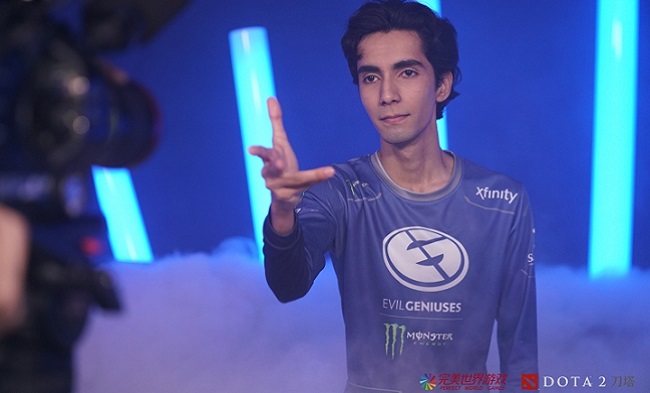
Syed Sumail "SumaiL" Hassan was famously scouted for his North American Elite League play. Photo from DAC 2018, courtesy of Perfect World
Incubating professional talent is an important aspect of amateur Dota. But I find the second function that I identified far more interesting.
Join the club
Amateur leagues and small online and offline tournaments provide communities for players. Much like local sports leagues, these spaces provide a competitive outlet for individuals not skilled enough or driven to compete at a professional level, while also encouraging camaraderie between competitors. Recreational and lower-skill-level competitive leagues can be as much about the experience of playing regularly as a team and having a night each week dedicated to Dota, as it is about the competitive experience.
Some of the frustrations of non-organized Dota 2 are the toxicity of the broader community and the frequency at which other players ruin a game deliberately. Because amateur leagues and tournaments are by their nature competitive, everyone involved has a desire to do well or at least have fun as a group. Organizers can set their own standards for behavior, and teams will have expectations in terms of how seriously they approach each match. This immediately raises the bar for how enjoyable a game can be.
Amateurs leagues also provide a handy space for finding and making Dota 2 friends. They're focused communities with a common interest that are smaller and perhaps easier to navigate socially than the catch-alls of Reddit or larger social media groups.
And, of course, unlike sports that tend to be seasonal, amateur Dota 2 can happen year-round from the comfort of your own living room!
How about both?
I wanted to get a better sense of the motivation behind some of the amateur leagues, so I spoke with Seth Radford, one of the creators of Amateur Dota 2 League (AD2L). AD2L is a long-running amateur league that encompasses both the aspiring pros and the enthusiastic amateurs. It provides three different tiers of league, ranging from low to high skill levels.
Seth described the three leagues as,
AD2L has a thriving community of players who return each season; the organization is now running season twenty-one, with each season taking roughly two months to complete. Seth told me that the organization originated out of the desire he and a friend, Jordan “Aamora” Hansen, had to join an amateur league in 2013. When they found it difficult to sign-up for one, they decided to make their own, trying to capture that city sports league feel.
What they started has blossomed into something so much bigger. Seth told me,
I think this speaks volumes about the potential scope of amateur leagues.
Local Emphasis
Amateur LANs draw on the local region for competitors, players within a reasonable travel distance. They’re fantastic for connecting local players with each other, building a community based on geography. They also provide an opportunity to put the spotlight on communities that may not otherwise get a lot of love from the international Dota 2 community.
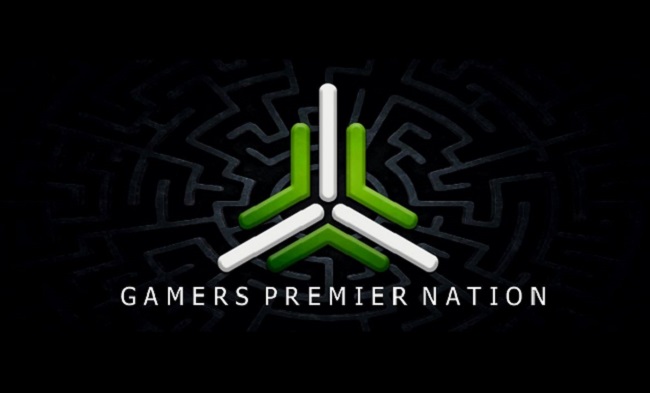
As an example, the Middle East has a thriving amateur Dota 2 scene, despite the lack of pro tournaments taking place there. Tournaments such as Gamers Premier Nation and Game Plus Championship mean local players can connect online to compete. Streaming these competitions gives much needed exposure to the passion of a scene that doesn’t often receive global attention.
What Next?
If you’re looking for a way to get your Dota 2 fix between now and TI, consider looking for an amateur league to either play in or follow. Many of these leagues also have social space outside of the game to foster that community feeling. I think finding communities that resonate with us is really important for maintaining our connection to the game and developing friendships.
One thing that surprised me when I looked for more information about amateur events is that it can still be challenging to find these organizations. Though certain leagues are more visible now, it was still more difficult to find tournaments and leagues than I anticipated. I don't think the answer is more attention from news outlets as for the average fan, these tournaments aren’t necessarily newsworthy. But I was disappointed I didn’t come across more centralized sites or forums for advertising these events. If such places exist, please let me know in the comments!
I also want to hear your stories of amateur competition, whether you’ve made new friends or friendly rivals, or perhaps you’re on a journey to become a professional. I'm intrigued by the potential of these organizations, and I think it's important we recognize their influence. Supporting these groups is a great way to ensure the development of new talent for the professional scene.

